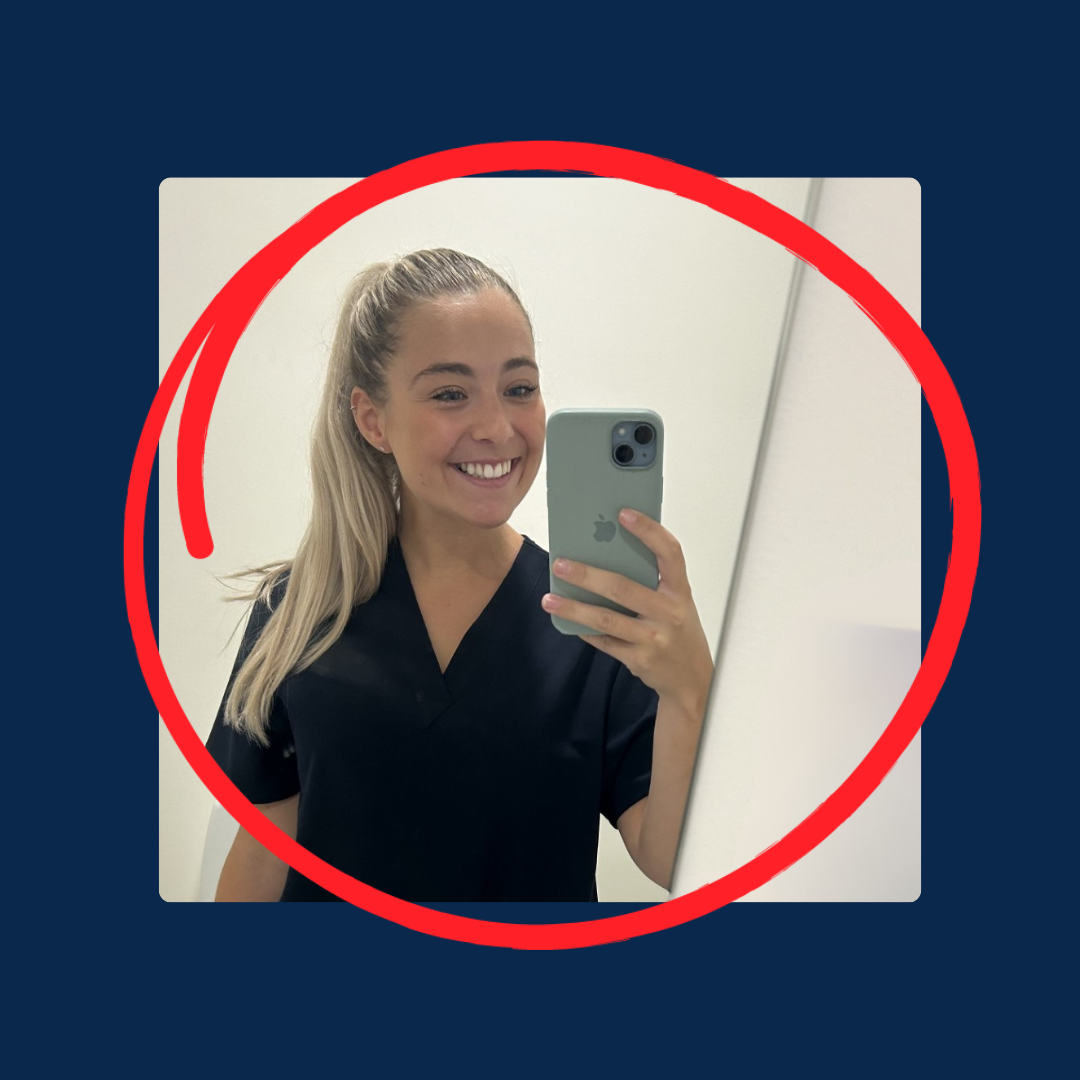10 reasons why Brisbane is the best city to work as a nurse

Australia’s third largest city, Brisbane, has become a hotspot for those seeking a sea change. Characterised by its large winding river, beautiful Queenslander homes, trendy bars, scenic parks, and warm weather, Brisbane is bringing a lot of attention to itself. It’s a city loved by those looking for a more laid-back lifestyle with plenty of opportunities.
That, and many more reasons, are why nurses, mental healthcare, and allied health professionals are turning their eyes towards the city. We know Brisbane is great, but for those of you who aren’t living here, we’ve put together this list of 10 reasons why nurses should consider the move.
1. A relaxed lifestyle
Brisbane may be a big city, but that doesn’t mean it’s all hustle and bustle. In fact, Brisbane has an extremely laid-back culture, especially compared with its southern cousins Sydney and Melbourne. You’ll be encouraged to enjoy a delicious coffee, go for a stroll along the river, and take life at your own pace.
A lot of people in Brisbane love to take advantage of all the lifestyle opportunities available. Whether that’s the fantastic riverside paths, beautiful pools, or the laid-back café culture. It’s truly a city where you work to live, and people in Brisbane know how to live a relaxing life.
2. Great pay
Nurses who work with First Choice Care in Brisbane can expect to get great pay. Australian nurses can earn more than their international counterparts, and nurses in Brisbane are no exception. Plus, they’ll often work shorter shifts here than UK or Irish nurses. With FCC, you’ll also have the flexibility to work as much as you like, increasing potential earnings.
3. Affordability
Brisbane remains one of Australia’s more affordable cities. You’ll find a wide range of apartments, houses, and townhouses that are much more affordable than equivalent places in Sydney or Melbourne.
On top of that, Brisbane tends to be more affordable to dine out in. You’ll also find affordable drinks, nightclubs, live music, and a wide range of free events across the city. Compared with other capital cities across Australia, you’ll be able to take your money a longer way on any night out.
Now that’s not to say that Brisbane is Australia’s most affordable city. It’s still a big city so has the costs associated with that. But if you compare it to Sydney or Melbourne, Brisbane is much cheaper.
4. Upskilling opportunities
If you’re looking to upskill and advance in your healthcare career, then Brisbane is the place to do it. There’s a large number of educational facilities whose healthcare courses are amongst the best in the world. You’ll also find a wide range of opportunities to find your specialisation, allowing you to follow your passion and make more money.
So, if you’re looking to take your career in nursing to a whole new level then you’ll love it in Brisbane. The flexibility you receive from working with FCC can also allow you to engage in further upskilling and training while working your nursing shifts around your schedule.
5. A launch pad for opportunities
Queensland is a big state filled with opportunities, and Brisbane is the perfect base to take advantage of those opportunities. If you want to escape the city for a bit and explore some rural or remote locations for a few weeks, FCC’s got you covered. You can take up some full-time rural and remote shifts, spend 4 weeks away from the city, and then come straight back.
While you’re away accommodation and travel will be covered, plus you get a living away from home allowance on top of increased pay! It’s the perfect opportunity to take advantage of the career opportunities in rural parts of the country with the confidence that everything will be as you left it when you return home to Brisbane.
6. High demand
Nurses are in high demand in Brisbane. There are a lot of shifts ready for nurses to fill. So, you’ll have full control to work when you want to and as much as you want to.
You can get in touch with FCC and we’ll help you find a shift that suits your schedule, specialisation, and facility preference.
7. The best public and private health facilities
Brisbane has some of the best private and public healthcare facilities in the country. You’ll find opportunities at large public hospitals, smaller private hospitals, aged care facilities, mental health care, and so much more. There’s a lot of variety and with FCC you can choose to work across a wide range of facilities so no two days are the same.
8. Fantastic weather year-round
With more than 300 days of sunshine year-round and mild winters, it’s hard to find a city with better weather. Brisbane is famous for its climate. If you love warm weather, then you’ll be right at home.
Winters are characterised by cool nights and warm days, meaning you barely need a jacket. While Spring and Autumn have perfect beach weather, clear skies and warm temperatures. Summers can get hot and humid, but this is often broken by summer rains.
If you’re a hot weather and sunshine kind of person, then Brisbane is calling your name.
9. There’s a lot to see and do
Brisbane is the centre of South-East Queensland. When you live here, you get access to a whole region's worth of attractions.
There’s the food, bars, art, and cultural attractions in Brisbane. Theme parks, beaches and resorts on the Gold Coast. Wineries and farm-to-table food in Toowoomba. Then there’s the laid-back, small village, arts and crafts vibes of the Sunshine Coast. All of that is within a 2-hour drive from Brisbane.
If that’s not enough, then there are road trip opportunities galore. Travel north and explore tropical north Queensland, head south for New South Wales, or go west for a taste of the outback.
10. Great travel opportunities
While there’s a lot to see and do within a few hours of Brisbane, you can go even further easily thanks to Brisbane’s bustling airport. Brisbane Airport has direct flights to international destinations like New Zealand, Bali, Fiji, the West Coast of the USA and Canada, Japan, Korea, China, and the Middle East.
Domestically, you can get to both Sydney and Melbourne within 1.5-2 hours. Alternatively, fly north to Cairns or Hamilton Island to experience the Great Barrier Reef. The only question when living in Brisbane is - where to next?
Conclusion
Brisbane has a lot to offer nurses. You’ll love the opportunities to gain greater flexibility and to grow your career. Plus, you’ll enjoy the great weather, gorgeous scenery, and fun attractions. It’s a city that has it all.
If you’re making the move to Brisbane and want to find a flexible job in nursing, apply with FCC today.
More articles





